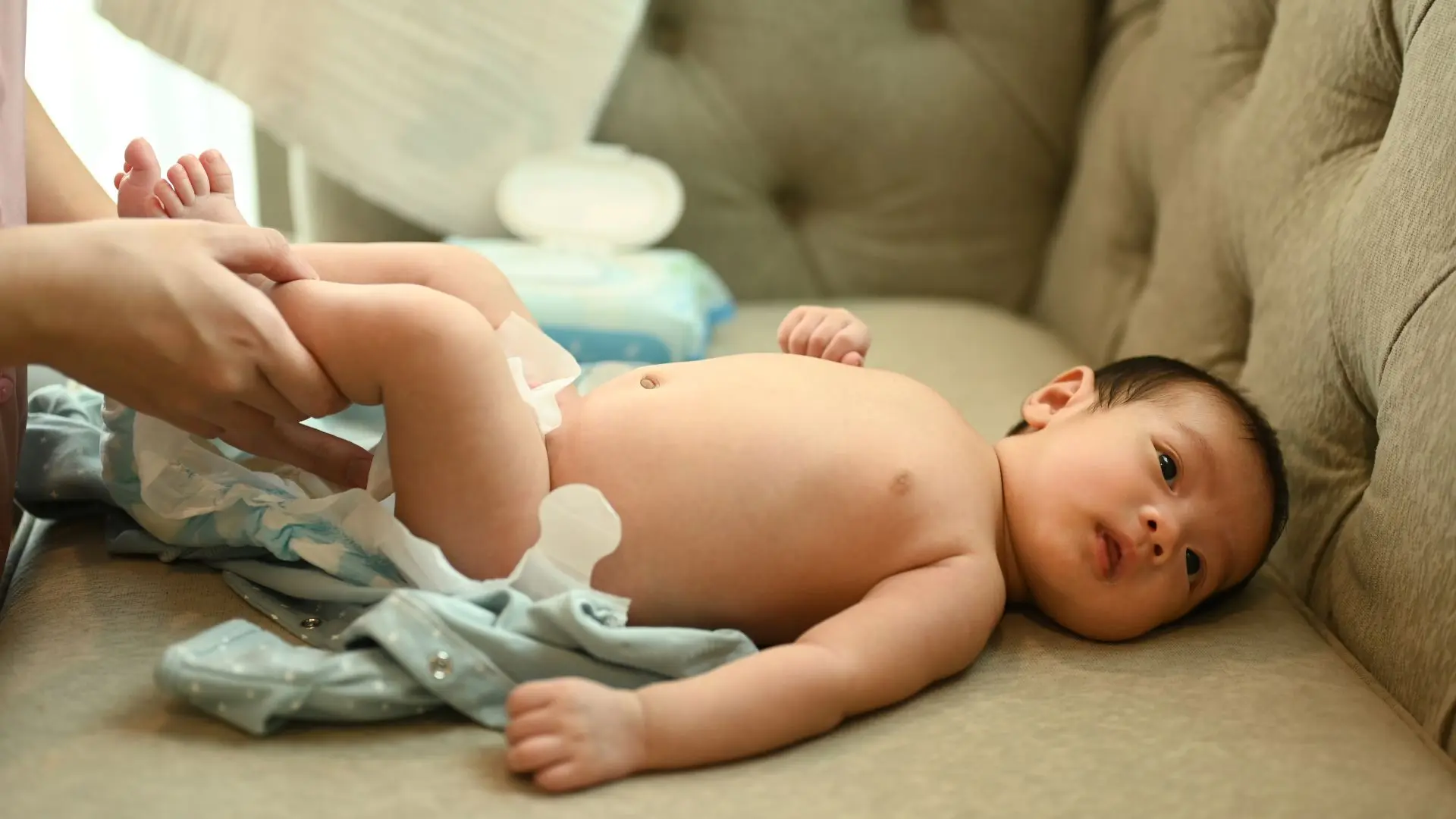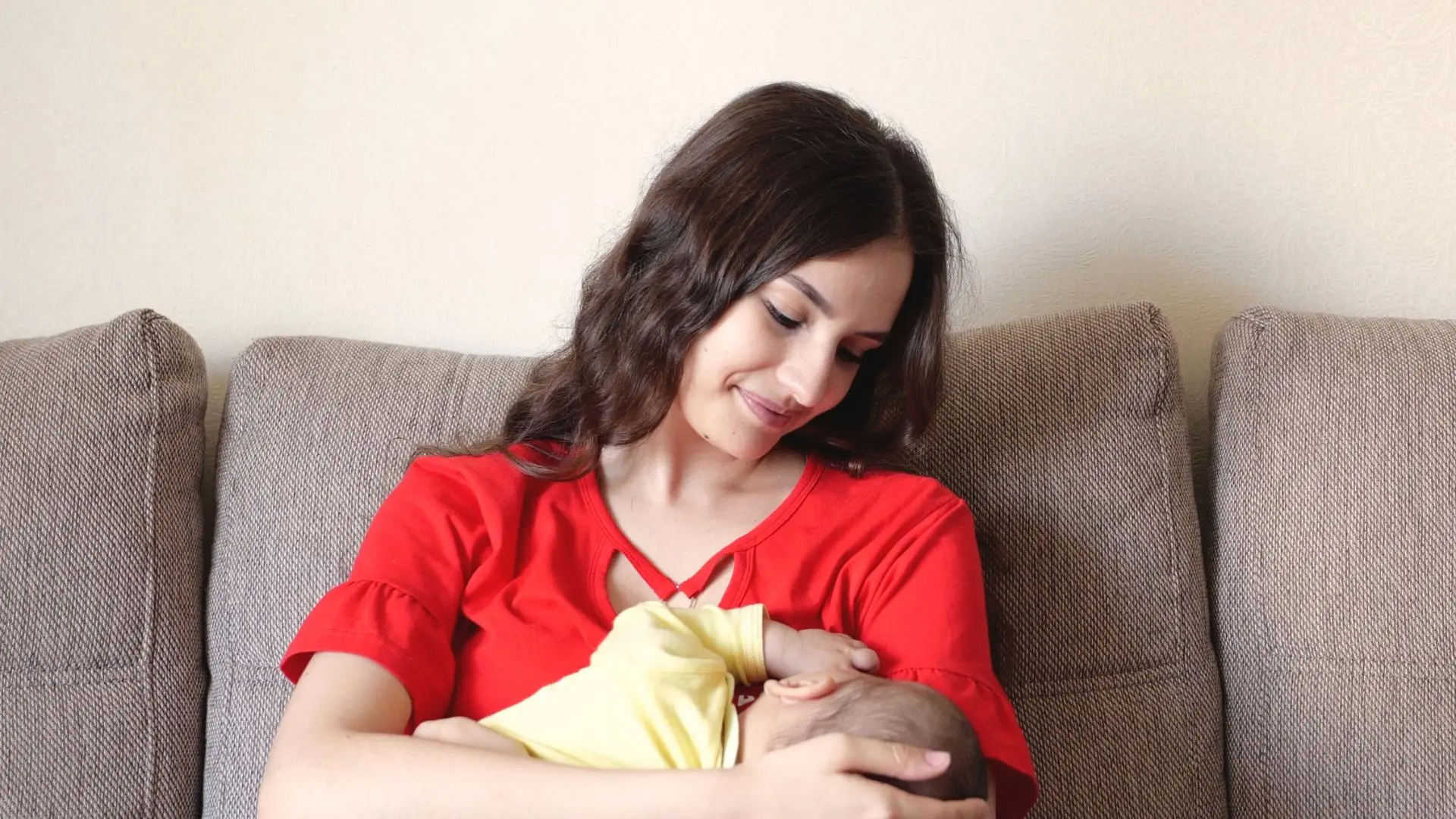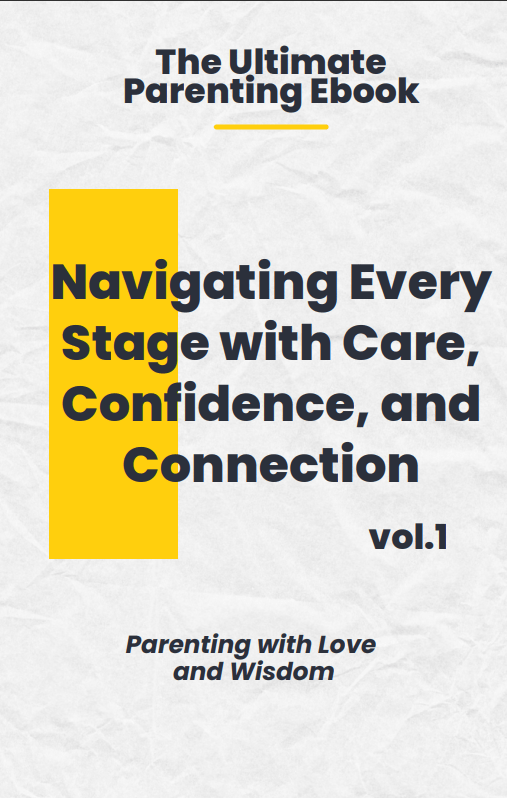
Have you ever caught yourself double-checking your child’s homework, stepping in to resolve their playground disputes, or hovering over their every move? If so, you’re not alone. Parenting is hard, and the desire to protect and guide your child is only natural. But sometimes, without even realizing it, we cross the line from being supportive to being over-involved. This is what’s commonly referred to as the helicopter parenting style—and trust me, it’s more common than you think.
The truth is, most parents who fall into this pattern don’t do it intentionally. It often stems from love, fear, or the pressure to ensure our kids succeed in an increasingly competitive world. But here’s the catch: while it feels like we’re helping, we might actually be holding them back. Let’s dive into the hidden signs of helicopter parenting, how it impacts your child, and—most importantly—how to step back without feeling like you’re failing as a parent.
In This Blog
ToggleWhat Is Helicopter Parenting Style?
The term helicopter parenting style comes from the idea of parents “hovering” over their children, always ready to swoop in and take control. It’s not just about being involved—it’s about being too involved. This parenting style often includes micromanaging a child’s life, from their academics to their social interactions, and even their hobbies.
But here’s the thing: helicopter parenting doesn’t always look obvious. It’s not just about over-scheduling or over-monitoring—it can be as subtle as not letting your child make mistakes or constantly stepping in to “fix” things for them. And while it comes from a place of love, it can have unintended consequences.
Why You Might Not Realize You’re a Helicopter Parent
Let’s be honest—parenting today is a whole different ballgame. Social media, academic pressures, and the constant comparison to other families can make us feel like we’re not doing enough. Add to that the fear of failure (both ours and our child’s), and it’s easy to see why so many parents unknowingly adopt the helicopter parenting style.
Here’s the kicker: most of us don’t even realize we’re doing it. After all, isn’t it our job to protect our kids? To make sure they succeed? The problem is, when we do too much, we rob them of the chance to learn, grow, and build resilience.
The Hidden Signs of Helicopter Parenting
So, how do you know if you’re a helicopter parent? Here are some subtle signs to watch for:
1. You Solve Their Problems for Them
Do you find yourself stepping in to fix every little issue your child faces? Whether it’s a forgotten homework assignment or a disagreement with a friend, constantly “rescuing” them can prevent them from learning how to handle challenges on their own.
2. You Over-Schedule Their Lives
If your child’s calendar is packed with activities you’ve chosen for them—sports, music lessons, tutoring—it might be time to ask yourself: are these activities for them, or for me? Over-scheduling can leave kids feeling overwhelmed and unable to explore their own interests.
3. You Monitor Their Every Move
From tracking their location on apps to checking their social media accounts, it’s easy to fall into the trap of over-monitoring. While it’s important to keep them safe, too much surveillance can erode trust and independence.
4. You Struggle to Let Them Make Mistakes
Mistakes are a natural part of growing up, but if you find yourself stepping in to prevent every potential failure, you might be shielding your child from valuable life lessons.
5. You Feel Anxious When They’re Out of Sight
Do you constantly worry about your child when they’re not with you? While some level of concern is normal, excessive anxiety can be a sign of over-attachment.
The Impact of Helicopter Parenting Style on Children
Here’s the hard truth: while the helicopter parenting style comes from a place of love, it can have unintended consequences for your child. Research shows that children of helicopter parents often struggle with:
- Independence: They may become overly reliant on you to make decisions or solve problems.
- Resilience: Without the chance to face challenges, they may lack the ability to bounce back from setbacks.
- Confidence: Constant intervention can send the message that they’re not capable of handling things on their own.
- Mental Health: Studies have linked helicopter parenting to higher levels of anxiety and depression in children.
It’s not easy to hear, but recognizing these impacts is the first step toward making positive changes.
How to Step Back Without Feeling Guilty
If you’ve recognized yourself in any of the signs above, don’t panic. Parenting is a journey, and it’s never too late to make adjustments. Here are some practical tips to help you step back while still being a supportive parent:
1. Encourage Age-Appropriate Independence
Start small. Let your child make decisions about what to wear, what to eat, or how to spend their free time. Gradually give them more responsibility as they grow.
2. Be a Guide, Not a Fixer
Instead of solving problems for them, guide them through the process. Ask questions like, “What do you think you should do?” or “How can you handle this situation?”
3. Set Boundaries for Yourself
It’s okay to care deeply, but it’s also important to give your child space to grow. Set limits on how much you intervene in their daily lives.
4. Let Them Fail (and Learn)
Failure isn’t the end of the world—it’s a stepping stone to success. When your child makes a mistake, resist the urge to step in. Instead, help them reflect on what they can do differently next time.
5. Focus on Connection, Not Control
Build a strong relationship with your child based on trust and open communication. This will help them feel supported without feeling smothered.

Conclusion
Parenting is one of the hardest jobs in the world, and there’s no such thing as a perfect parent. If you’ve recognized some of the hidden signs of helicopter parenting style in your own life, don’t be too hard on yourself. The fact that you’re reading this means you care deeply about your child’s well-being—and that’s what truly matters.
Remember, stepping back doesn’t mean stepping away. It’s about finding the balance between being involved and giving your child the freedom to grow. By making small changes, you can raise a confident, independent child while still being their biggest cheerleader.
You may also be interested in : Positive Parenting for ADHD Child: 7 Unique Tips Every Mom Wishes She Knew Earlier
FAQs
1. What is the helicopter parenting style?
The helicopter parenting style refers to parents who are overly involved in their child’s life, often micromanaging their decisions and activities.
2. Why is it called helicopter parenting?
It’s called helicopter parenting because parents “hover” over their children, always ready to swoop in and take control of situations.
3. What are the hidden signs of helicopter parenting?
Hidden signs include solving your child’s problems, over-scheduling their activities, monitoring their every move, and struggling to let them fail.
4. How does helicopter parenting affect children?
It can hinder independence, reduce resilience, lower confidence, and increase anxiety or depression in children over time.
5. Why do parents adopt the helicopter parenting style?
Parents often adopt this style out of love, fear of failure, societal pressure, or the desire to protect their child from harm or mistakes.
6. Is helicopter parenting bad for kids?
While it comes from a place of love, helicopter parenting can negatively impact a child’s ability to develop independence and problem-solving skills.
7. How can I stop being a helicopter parent?
Encourage independence, let your child make mistakes, set boundaries for yourself, and focus on guiding rather than controlling.
8. What’s the difference between supportive and helicopter parenting?
Supportive parenting involves guiding and encouraging independence, while helicopter parenting involves over-controlling and micromanaging.
9. Can helicopter parenting cause anxiety in children?
Yes, studies show that helicopter parenting style can lead to higher levels of anxiety and stress in children due to lack of autonomy.
10. How do I know if I’m a helicopter parent?
If you frequently solve your child’s problems, over-schedule their activities, or feel anxious when they’re out of sight, you might be a helicopter parent.
11. What are the long-term effects of helicopter parenting?
Long-term effects include reduced independence, poor decision-making skills, low confidence, and difficulty handling failure in adulthood.
12. Is helicopter parenting common?
Yes, it’s increasingly common due to societal pressures, academic competition, and the desire to protect children in a fast-paced world.
13. How does helicopter parenting affect teenagers?
Teenagers may struggle with independence, feel smothered, and have difficulty developing critical life skills under helicopter parenting.
14. Can helicopter parenting lead to burnout for parents?
Absolutely. Constantly managing every aspect of your child’s life can lead to emotional and physical exhaustion for parents.
15. What’s a healthy alternative to helicopter parenting?
A healthy alternative is authoritative parenting, which balances involvement with encouraging independence and decision-making.
16. How can I let go of helicopter parenting without guilt?
Focus on building trust, set small goals for independence, and remind yourself that stepping back helps your child grow stronger.
17. Does helicopter parenting affect a child’s confidence?
Yes, it can lower confidence by sending the message that they’re not capable of handling challenges on their own.
18. What’s the role of failure in parenting?
Failure is essential for growth. It teaches children resilience, problem-solving, and how to handle setbacks—skills they’ll need in life.
19. How can I balance involvement and independence in parenting?
Be a guide, not a fixer. Encourage your child to make decisions, solve problems, and learn from their mistakes while offering support.
20. What’s the first step to stop helicopter parenting?
The first step is self-awareness. Recognize the signs of helicopter parenting style in your behavior and start making small changes.




